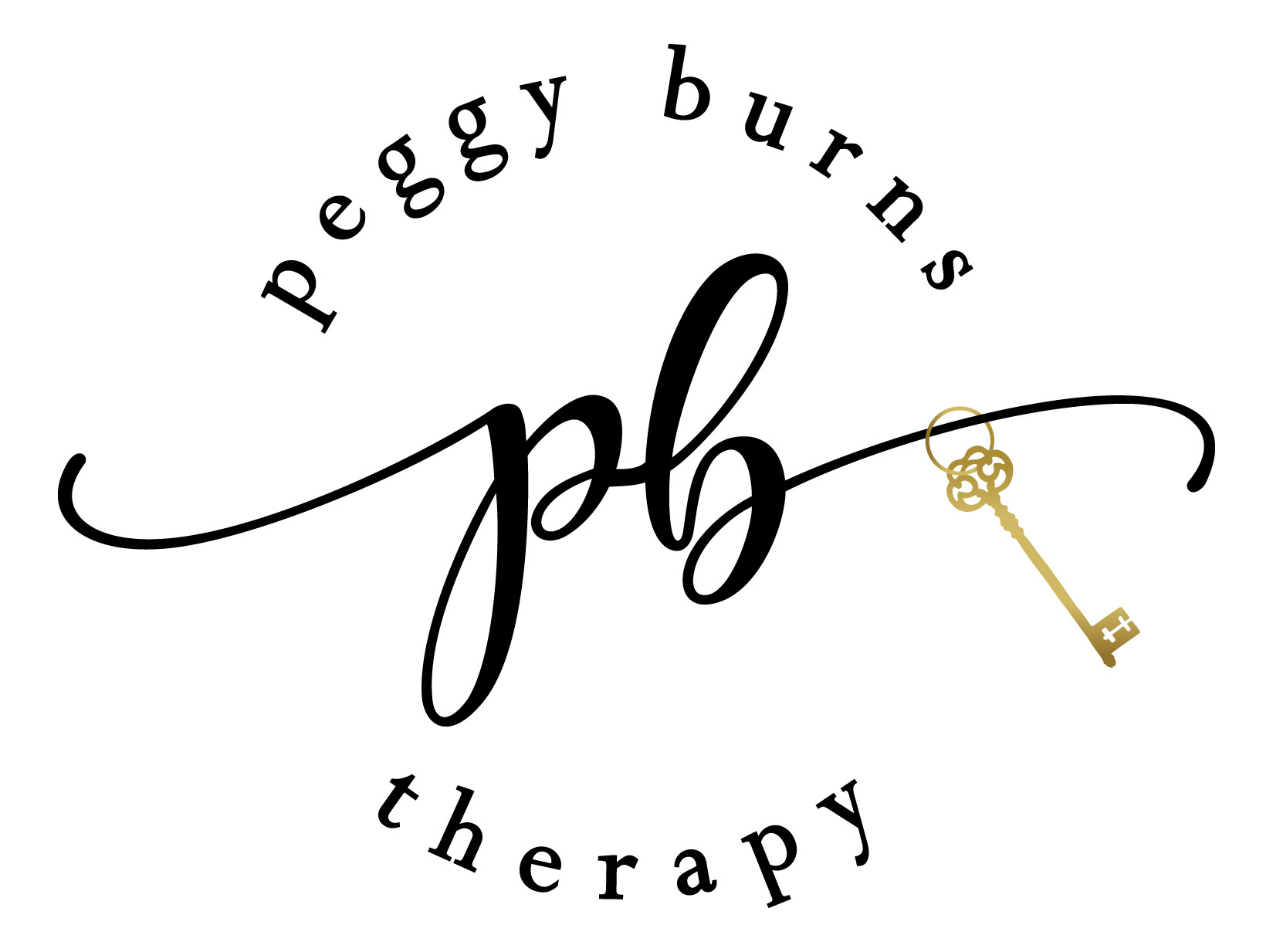THE 5 WAYS TO APOLOGIZE TO THOSE YOU LOVE

Understanding what someone needs from your apology can make a world of difference
Relationships are fragile! In my counseling office over the years I have witnessed many fractures. Some of them are fractured by minor incidents while others were major. The feelings following these fractures can seem insurmountable, preventing the relationship from moving forward. A while ago, I watched a couple attempt to navigate an apology where one of the partners said, ‘I didn’t mean it’. I could feel the sting as I watched the other partner’s countenance drop. You see, the power behind offering or accepting an apology is its intention. As well intentioned as ‘I didn’t mean it’ may be, it lacks in taking responsibility for the hurt incurred. The good news is the couple allowed me to intervene and provide the tools needed in making a meaningful apology.
In Dr. Gary Chapman’s and Dr Jennifer Thomas’ book, When Sorry Isn’t Enough, they reveal the way you apologize matters. The way you say you’re sorry will either give you a clear path to healing and reconciliation or, if done poorly, will fall desperately short.
According to Chapman and Thomas the ‘5 Languages of an Apology’ are:
- Expressing regret
For most people an apology needs to include those magic words ‘I am sorry’ or ‘I apologize’. These words provide the bridge for connection again so they know the other person truly regrets the actions they have done.
- Accepting responsibility
Admit your responsibility for your actions and/or the words you said. Let them know you regret what you did. This is a good time to empathize with the person you hurt by putting yourself in their shoes. To your best ability, demonstrate you understand how they might feel by putting yourself in their shoes. After this admission ask them if you got it right.
- Making restitution
For some people making restitution validates the apology in a deeper way. Ask if there is any way you can make this up to them.
- Genuinely repenting
To repent means, ‘to change one’s mind’ or ‘to turn around’. Let them know that inherent in the apology is your promise not to do it again.
- Requesting forgiveness
Formally ask for forgiveness. Saying, ‘Will you forgive me?’ has proven to be a secret ingredient of healing and renewal of a relationship. Consider following up with a hand written note.
8 THINGS NOT TO SAY DURING AN APOLOGY!
- I’m sorry but ….
- I didn’t mean it …
- I’m sorry but aren’t you being too sensitive?
- I was stressed out, tired or hungry …
- I’m sorry you feel that way.
- I don’t want to make a fight out of this…
- You are making a big deal out of nothing.
- I may have done this, but you did that …
These non-apologies miss the point and our weak attempts to avoid blame and criticism. Some of these may seem authentic but in essence don’t take responsibility for the hurt but instead blame the other person.
Here at Christian Counseling Centers San Francisco we want to provide a safe space for you find hope and healing. We are a caring group of therapists who are highly trained to help you and can walk alongside of you for your help. (415) 674-7504

